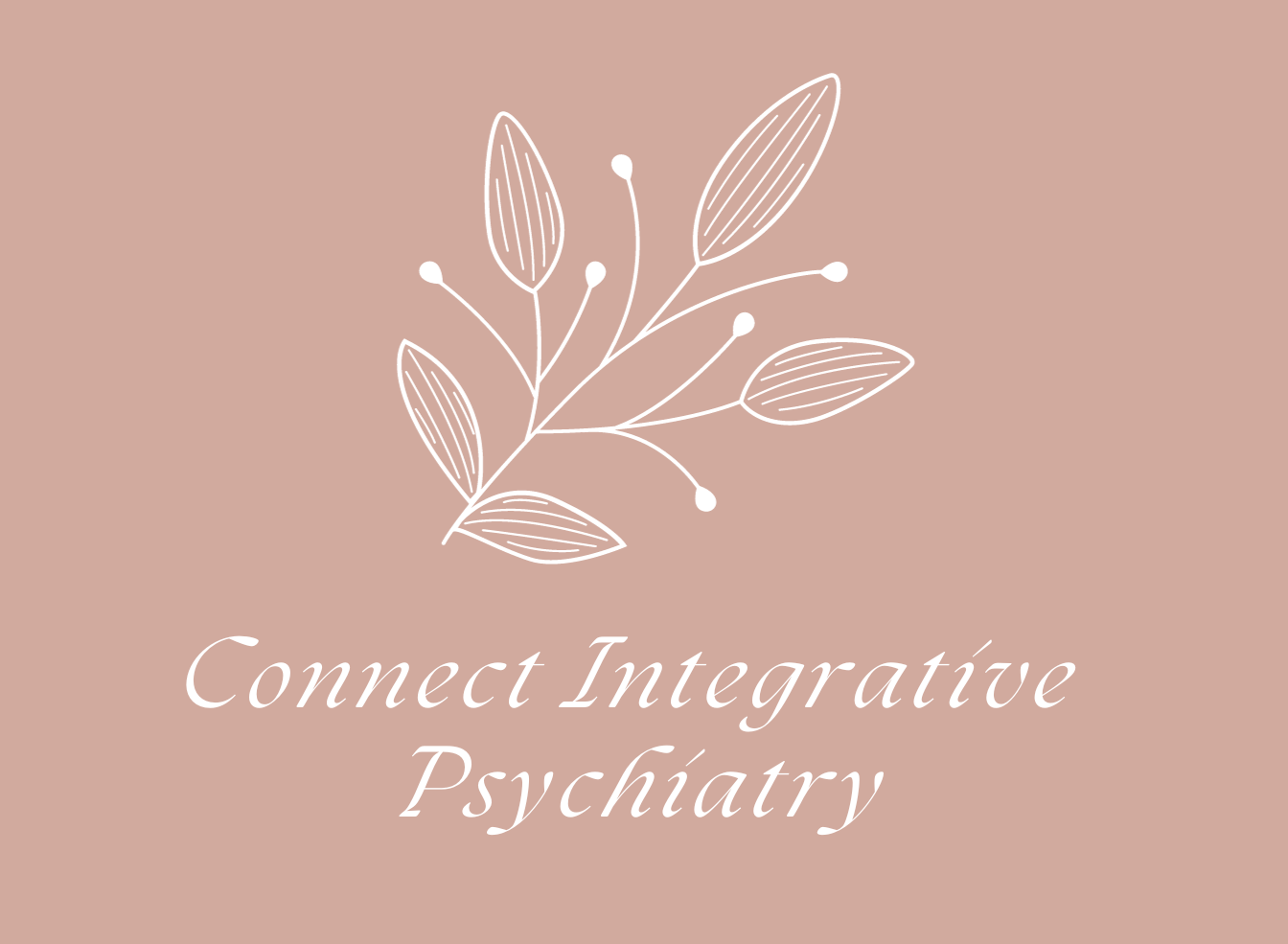Integrative Psychiatry for PMDD: Holistic Support for Premenstrual Dysphoric Disorder
Living with Premenstrual Dysphoric Disorder (PMDD) can feel overwhelming, affecting your emotions, physical health, relationships, and ability to enjoy daily life. At Connect Integrative Psychiatry, we offer a compassionate and science-backed approach through integrative psychiatry for PMDD, combining traditional treatments with holistic methods tailored to your unique needs.
What Is PMDD and Why Specialized Support Matters
PMDD is a severe, chronic mood disorder that extends far beyond typical PMS. It causes debilitating mood swings, irritability, anxiety, depression, and physical symptoms in the days leading up to menstruation.
Unlike PMS, PMDD symptoms are so intense they interfere significantly with daily functioning, work responsibilities, and relationships. Emotional distress often peaks in the luteal phase and subsides once menstruation begins.
Recognizing PMDD early is essential. Without proper treatment, it can increase the risk of major depression, suicidal ideation, and worsening relationship or professional challenges. Yet despite its prevalence, PMDD is frequently misdiagnosed or underdiagnosed.
At Connect Integrative Psychiatry, we prioritize early recognition and individualized care, understanding the unique hormonal, emotional, and neurological factors at play in PMDD.
Who Are the Best Providers for PMDD Care?
The ideal providers for treating PMDD are psychiatric providers trained in women’s mental health or reproductive psychiatry.
At Connect Integrative Psychiatry in Austin, our specialists offer a combination of psychiatric expertise, deep hormonal understanding, and holistic tools that go beyond medication to address root imbalances.
Our approach integrates conventional treatments with strategies that recognize the complex interaction between hormonal shifts, brain chemistry, lifestyle factors, and emotional wellbeing.
Conventional Treatments for PMDD
SSRIs: The Gold Standard
Selective Serotonin Reuptake Inhibitors (SSRIs) are widely considered the first-line treatment for PMDD’s emotional symptoms. Taken either continuously or during the luteal phase, SSRIs can significantly reduce irritability, sadness, anger, and emotional sensitivity.
Hormonal Therapies
Some women benefit from hormonal interventions, such as combination birth control pills or GnRH agonists, aimed at stabilizing hormonal fluctuations that trigger PMDD symptoms.
However, while conventional treatments can provide important symptom relief, they often do not address the full range of emotional, physical, and energetic imbalances many women experience. This is where integrative psychiatry for PMDD offers a deeper, more holistic solution.
Our Holistic Approach to Managing PMDD
Premenstrual Dysphoric Disorder (PMDD) is a serious and often debilitating condition that affects a woman’s emotional and physical wellbeing in the weeks leading up to her period. At Connect Integrative Psychiatry, we take a compassionate, whole-person approach to managing PMDD—addressing both the underlying biological patterns and the emotional toll this condition can take.
Evidence-Based Medical Treatment
Selective serotonin reuptake inhibitors (SSRIs)—such as fluoxetine and sertraline—are considered first-line treatment for PMDD. These medications can significantly improve symptoms when taken daily or just during the luteal phase of the menstrual cycle, depending on your needs. Certain hormonal birth control options, especially those that contain drospirenone and ethinyl estradiol, can also help by stabilizing hormonal fluctuations that contribute to PMDD.
Complementary Therapies and Lifestyle Support
We believe in combining clinical treatment with supportive strategies that help your mind and body work together:
Cognitive Behavioral Therapy (CBT): Helps address negative thinking patterns, manage mood shifts, and build emotional resilience.
Regular Exercise: Aerobic activity has been shown to ease PMDD symptoms by boosting mood and reducing fatigue.
Nutrition & Supplements: A well-balanced diet—rich in complex carbs and low in caffeine or alcohol—can make a noticeable difference. Calcium and other targeted supplements may also help reduce both emotional and physical symptoms.
Integrative Therapies: Some women find relief through acupuncture, herbal support (like chasteberry or St. John’s wort), or mindfulness practices. While more research is needed, we’re here to explore what works best for your body.
Personalized, Ongoing Support
PMDD doesn’t look the same for every woman, which is why we never take a one-size-fits-all approach. Together, we’ll create a care plan that reflects your biology, goals, and preferences—whether that involves medication, lifestyle changes, therapy, or a combination of all three.
If you're struggling with PMDD and want a holistic path forward, we’re here to help.
Schedule a free 15-minute consultation and take the first step toward clarity, stability, and support that truly meets your needs.
Combination of In-Person and Virtual Psychiatry for PMDD
We understand that women managing PMDD often have demanding lives — balancing careers, relationships, and self-care. That’s why Connect offers a combination of in-person and HIPAA-compliant telepsychiatry services, available across Austin and beyond.
Through secure virtual consultations, you can access expert psychiatric care, therapy, lifestyle support, and mind-body coaching without disrupting your schedule.
Virtual care ensures you receive the support you need at the times you need it most — whether you’re navigating the hardest days of your cycle or proactively building emotional resilience month by month.
Living with PMDD does not have to define your life. With the right combination of psychiatric care, holistic healing strategies, and compassionate support, you can experience greater stability, confidence, and wellbeing — every single month.

